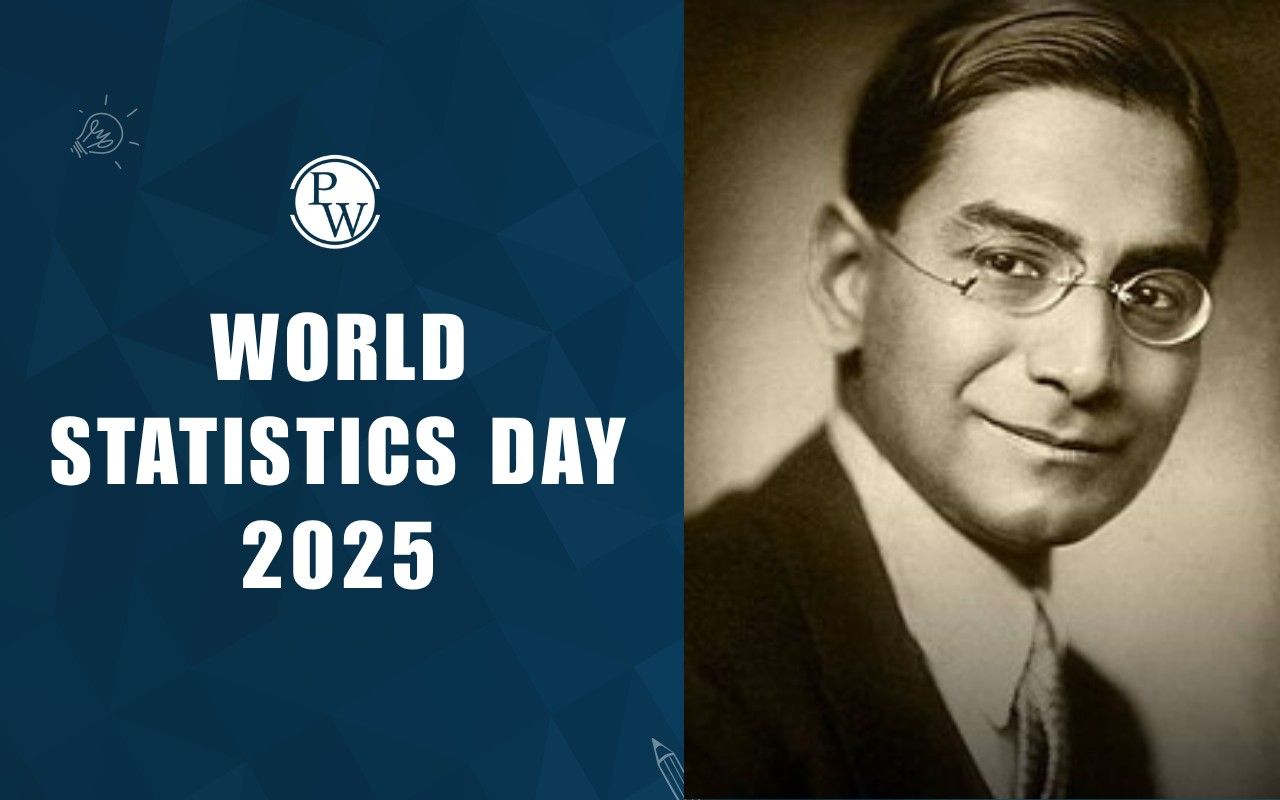

The Anglo-Sikh Wars were crucial conflicts between the British East India Company and the Sikh Empire in the mid-19th century. These wars resulted in the annexation of Punjab by the British. Understanding Anglo-Sikh wars, their causes, key battles, treaties, and outcomes is essential for UPSC aspirants to grasp their impact on Indian history.
History of the Anglo-Sikh Wars
In the early 19th century, the British East India Company sought to expand its control over the vast and prosperous region of Punjab, which was ruled by the Sikh Empire under Maharaja Ranjit Singh. The death of Ranjit Singh in 1839 created a power vacuum, leading to internal instability within the Sikh Empire.
This instability provided an opportunity for the British to assert their influence, which ultimately led to rising tensions and, eventually, the wars. The Anglo-Sikh Wars were a series of battles that began in 1845 and concluded in 1849. These wars finally ended with the eventual annexation of the Sikh Empire into British India, fundamentally changing the region's political structure.
Anglo-Sikh Wars List
The list of Anglo-Sikh Wars includes two major conflicts, the first Anglo-Sikh War that occurred in 1845-46, and the second Anglo-Sikh War took place in 1848-49. These wars resulted in the complete annexation of Punjab by the British.
First Anglo-Sikh War
The First Anglo-Sikh War started in December 1845 and ended in March 1846. The primary reason for this war was the increasing interference of the British in Sikh affairs following the death of Maharaja Ranjit Singh. The Sikh army, known as the Khalsa, crossed the Sutlej River and attacked British territories, leading to a full-scale war.
Key battles in the first Anglo-Sikh War were:
-
Battle of Mudki (December 1845): The British won despite strong Sikh resistance.
-
Battle of Ferozeshah (December 1845): A fierce battle where the British barely managed to secure victory.
-
Battle of Aliwal (January 1846): The British gained the upper hand by defeating the Sikh army.
-
Battle of Sobraon (February 1846): This decisive battle led to the end of the First Anglo-Sikh War.
First Anglo-Sikh War Treaty
The war ended with the Treaty of Lahore (March 1846). The terms of the treaty included:
-
The Sikhs ceded Jammu and Kashmir, Jalandhar Doab, and other territories to the British.
-
The British appointed a Resident at Lahore to oversee Sikh administration.
-
The Sikh army was reduced in size to prevent future uprisings.
-
The British received a war indemnity of 1.5 crore rupees from the Sikhs.
-
The Treaty of Lahore significantly weakened the Sikh Empire and paved the way for British control.
Second Anglo-Sikh War
The Second Anglo-Sikh War broke out in 1848 due to rising tensions between the Sikhs and the British. The Treaty of Lahore had imposed harsh terms on the Sikh Empire, including significant territorial losses and a reduction in military strength. This led to revolts in Multan and Hazara, where two British officers were murdered, which escalated into a full-scale war.
Key battles in the Second Anglo-Sikh War included:
-
Battle of Ramnagar (November 1848): The Sikh forces resisted the British advance.
-
Battle of Chillianwala (January 1849): One of the bloodiest battles where both sides suffered heavy losses.
-
Battle of Gujarat (February 1849): The final battle, leading to the complete defeat of the Sikh forces.
Second Anglo-Sikh War Treaty
The second treaty of Lahore (1849), signed after the Second Anglo-Sikh War, marked the formal annexation of Punjab by the British. The major terms of the Second Anglo-Sikh War treaty included:
-
The Sikh Empire was dissolved, and Punjab was annexed to British India.
-
Maharaja Duleep Singh was dethroned and sent to England.
-
The famous Kohinoor diamond was taken and presented to Queen Victoria.
-
The British took complete administrative control over Punjab.
Outcomes of Anglo-Sikh War
The Anglo-Sikh Wars had a lasting impact on India’s history. The major consequences included:
-
End of Sikh Sovereignty: The wars marked the fall of the Sikh Empire.
-
British Expansion: The annexation of Punjab strengthened British rule in India.
-
Cultural Influence: British administration brought changes in governance, military, and society in Punjab.
-
Rise of Sikh Identity: The wars played a crucial role in strengthening Sikh identity and resistance against British rule.
-
Impact on Freedom Struggle: The defeat of the Sikh Empire inspired later revolts against British rule.
In conclusion, the Anglo-Sikh Wars were turning points in Indian history. They marked the fall of a powerful empire and the expansion of British rule. These wars also laid the foundation for future resistance movements against colonial rule.
Want to learn more? Explore PW UPSC Courses to strengthen your understanding of India’s history and excel in UPSC preparation!
Treaties in Indian History FAQs
How many Anglo-Sikh Wars were fought?
What was the main reason for the Anglo-Sikh Wars?
What was the significance of the first Treaty of Lahore?
Who won the 2nd Anglo-Sikh war?
What were the key battles in the Anglo-Sikh Wars?













